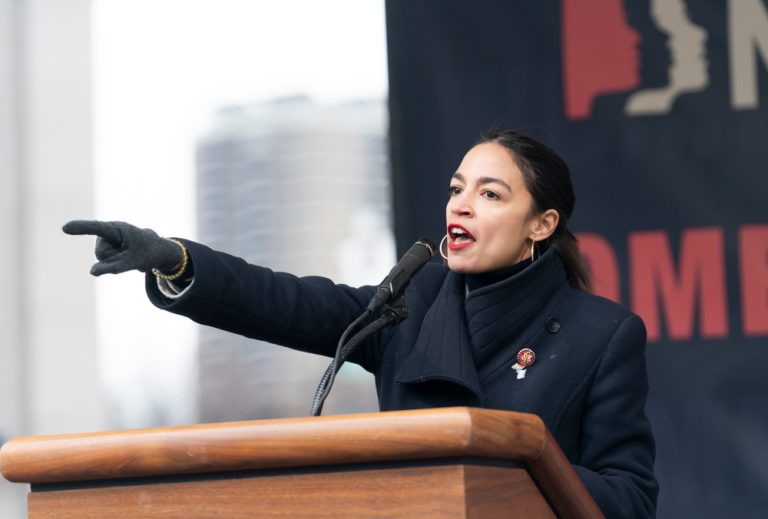The Iran-grand-bargainers, the Leveretts, have an interesting piece up challenging the notion that the Barack Obama administration was ever serious about engaging Iran. (Because I’m behind on my reading, I only picked up on it via the Progressive Realist.)
These are the same allegations that Dennis Ross, Obama’s top National Security Council official for Iran policy, pushed back against in his talk yesterday at a U.S. Institute of Peace (USIP) event.
In the Leveretts’ piece, they cite a Huffington Post article by Reza Marashi, who just joined the National Iranian American Council (NIAC) as research director after four years in the State Department’s Office of Iranian Affairs:
It should now be clear that U.S. policy has never been a true engagement policy. By definition, engagement entails a long-term approach that abandons “sticks” and reassures both sides that their respective fears are unfounded. We realized early on that the administration was unlikely to adopt this approach. […]
Moreover, as the leaked cables show, the highest levels of the Obama administration never believed that diplomacy could succeed. While this does not cheapen Obama’s Nowruz message and other groundbreaking facets of his initial outreach, it does raise three important questions: How can U.S. policymakers give maximum effort to make diplomacy succeed if they admittedly never believed their efforts could work? …And what are the chances that Iran will take diplomacy seriously now that it knows the U.S. never really did? The Obama administration presented a solid vision, but never truly pursued it.
This is pretty damning stuff from a guy who just left the Obama State Department. He was on the inside. And the Leveretts are feeling vindicated:
This, of course, provides additional powerful and public confirmation—from inside the Obama Administration—for our argument, in a New York Times Op Ed published in May 2009, that the Obama Administration’s disingenuous approach to dealing with Iran had already betrayed the early promise of President Obama’s initial rhetoric about engagement.
They mention that Ross was quite displeased with what they then had to say, and he let them know. The Leveretts note that Ross had Ray Takeyh, then his assistant at the State Department, push back against the notion that Obama’s “extended hand” to Iran was a checklist item for building international backing for more pressure on Iran, and possibly eventually military strikes. Takeyh called the idea “wrong and fraudulent.”
The Leveretts want to know what Takeyh thinks now:
In light of the Wikileaks cables and Mr. Marashi’s public confirmation that the Obama Administration was, in fact, pursuing engagement to pave the way for more coercive options, including expanded sanctions, we ask Ray Takeyh: who was perpetrating a fraud with regard to the underlying intent of the Administration’s Iran policy?





Isn’t there a distinction between having little hope (or even not believing) that engagement will work, and “pursuing engagement to pave the way for more coercive options”? I don’t think Wikileaks proves the latter. You can try a policy even though you doubt its efficacy, without necessarily entering into it with the idea that it’s just a PR exercise designed to grease the wheels of more coercive options. I respect the Leveretts, but I think they go too far in their assertion.
In any case, as I wrote the other day, Obama needed help from the Iranians if he was going to sell engagement in the U.S. The political deck here is stacked against engagement. The Iranians gave Obama nothing. Indeed, their words and actions have made the situation worse. They are at least as responsible for the failure of engagement as is Obama.